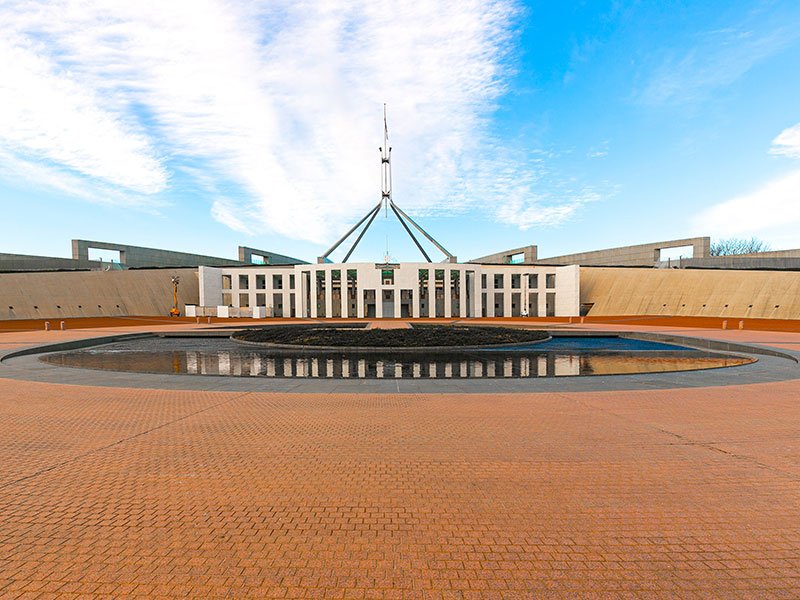The Auditor-General’s damning assessment of procurement practices at the Digital Transformation Agency highlights an urgent need for a closer examination of how the federal government selects and acquires technology.
The Australian National Audit Office’s report on a sample of nine procurements by the DTA released last month found that the agency in many cases did not follow Commonwealth Procurement Rules and in others “fell short of ethical requirements”.
The report was ugly, finding evidence of conflicts of interest, suppliers given unfair advantages over competitors, the DTA paying above market rates, duplicated payments, poor or missing records, and not monitoring the performance of contracts.
It is quite right that the parliament’s Joint Committee of Public Accounts and Audit has now opened a new probe to look at ways to improve transparency, efficiency and value for money in Commonwealth procurement.
The committee says it will dig further into the specific issues raised in the ANAO report on the DTA practices.

One of the most damning elements of the ANAO report relates to the DTA’s use of limited tenders, where it sought proposals from a single supplier. This was certainly the case when it sought a partner for the myGov rebuild, a project known at the time as ‘GovDXP’.
In the original approach, the DTA awarded a modest contract to Deloitte worth just under $1 million in early 2020 to build a prototype for GovDXP. That single supplier arrangement has now netted Deloitte tens of millions of dollars – about $45 million – in the couple of years since.
That contract has never smelled right. It is a good thing that a parliamentary committee will give it further examination – from the way the supplier was engaged, to how the contract was managed, and whether or not it has provided value for money.
You would have to hope that the committee also looks at the process by which the technology that underpins the myGov rebuild was selected.
The GovDXP project and the subsequent myGov build the came out of it is based on content management software from the US provider Adobe.
This is unusual because the government had spent five years and many, many millions of dollars trying to get federal departments and agencies to standardise on an open source content management system called GovCMS.
The DTA has declined on multiple occasions to disclose where the decision to use Adobe software for myGov was made. It is not clear whether this key technology decision was made by the DTA, by Services Australia, or by Deloitte.
We simply don’t know where that decision was made.
What we do know is that in addition to the $45 million-and-counting single supplier engagement that Deloitte has on MyGov enjoyed since early 2020, the government will pay Adobe more than $30 million to provide “core technology components” to underpin its new version of myGov.
That’s an extraordinary windfall, given it can be traced from an original contract awarded without a competitive tender.
It would surprise no-one that Deloitte Digital and Adobe are in a Strategic Global Alliance (which the companies say is about “elevating the human experience,” according to its marketing material).
What is surprising, however, is just how opaque the DTA has been about the origins of the technology decisions that have locked the government into a platform that will continue to deliver windfall revenue to the providers as far as the eye can see.
The DTA has never felt the need to say why it abandoned the CMS the government had spent five-years investing in to create a standardised platform – or why it did not allow any other company compete for that original GovDXP business, or why it did not even consider other tech platforms.
It smells off. It is certainly worth the Joint Committee of Public Accounts and Audit having a dig.
InnovationAus.com has been a long-time follower of technology procurement practices. We are currently running a Selling to Government survey 2022 to provide a positive voice to government as it looks to reset its procurement practices. You can access the survey here. Submissions to this survey take 10 minutes, and closes at midnight on Friday 7 October.
Do you know more? Contact James Riley via Email.


James, a committee will dig further into the specific issues raised in the ANAO report on the DTA practices? Mr Fechner & Co must be trembling in their boots – not. Nobody will be held to account. “That was before I was CEO”. Nobody will have their APS career shortened. “I was acting under orders”. Nobody will be used to “set and example”, or to “send a message”. The real message is clear. There is no downside. There is no career risk. Act corruptly as you please. Not even a slap on the wrist. Wayne Poels, General Manager, Digital Investment Advice and Sourcing Division (hxxps://www.dta.gov.au/about-us/our-people/wayne-poels). “Wayne is … responsible for the procurement of digital products and services through Government panels and marketplaces.” Are you wondering what “responsible” means? I am.
Unfortunately it is even worse than may first appear the chief Department involved has actively attacked its private sector competitors who have criticised the use of out of date legacy technology to silence us. An Anti Corruption Commission at the Federal level to deter this corrupt behaviour cannot come too soon.